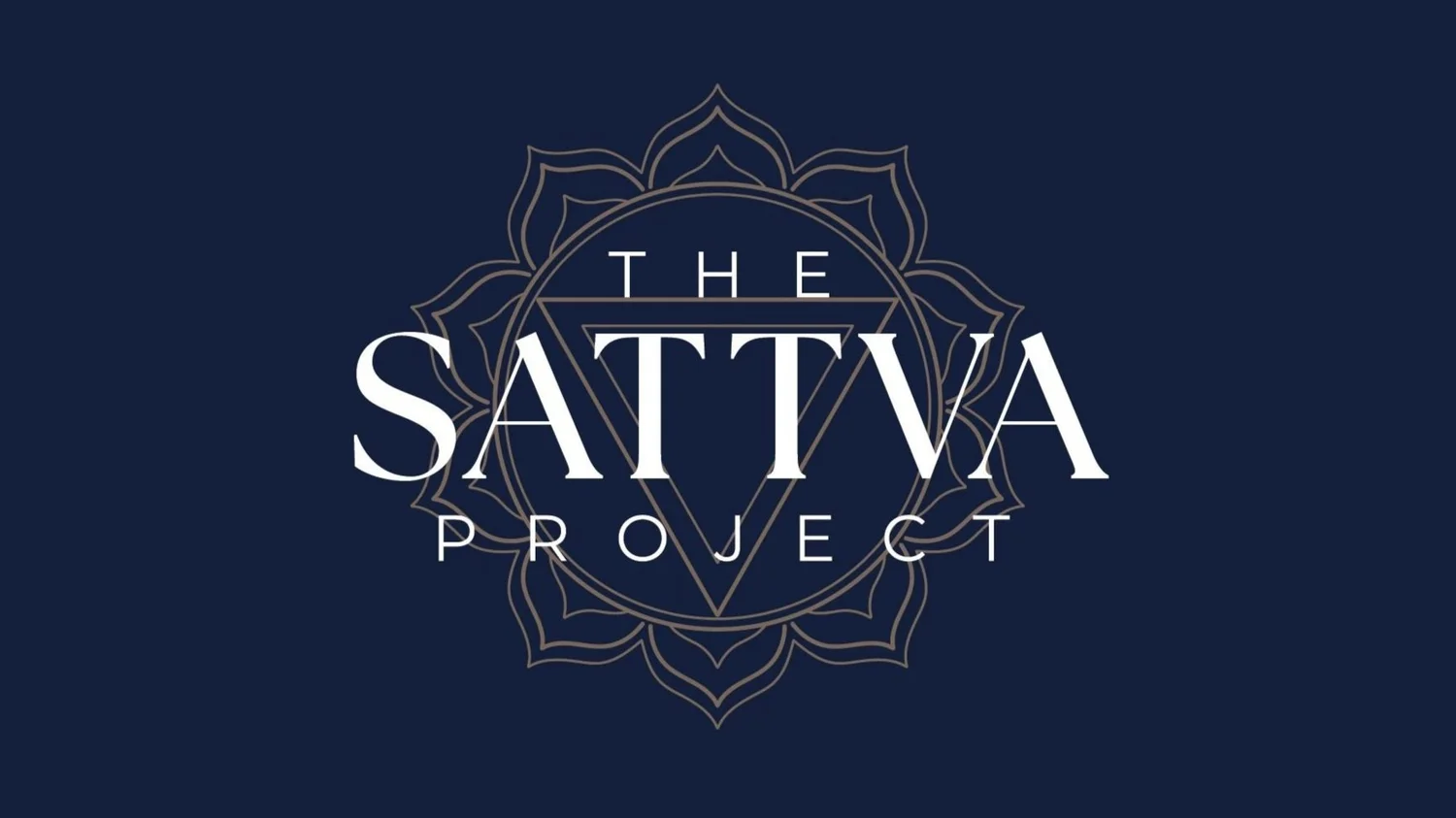The evidence is clear -
yoga supports healing from stress, addiction, and pain, offering a path to lasting change.
Reduction in Stress, Anxiety, and Depression:
Trauma-sensitive yoga programs have been shown to significantly decrease these symptoms. A study involving 326 participants in a carceral setting found that those who engaged in trauma-informed yoga and mindfulness sessions experienced notable improvements in mood and reductions in stress, anxiety, and depression.
Improved Mental Health:
Regular yoga practice stimulates the release of brain chemicals such as dopamine and serotonin, which can improve mood and boost overall mental well-being. This is particularly beneficial for individuals in recovery and facing incarceration, as it supports emotional stability and resilience.
Enhanced Emotional Regulation and Self-Control:
Participants in trauma-sensitive yoga programs often report improved emotional regulation, increased self-awareness, and better anger management. The practice of yoga is beneficial toward healing both body and mind. Over time, participants experience a return to self-love, which has a cascading effect on families, neighborhoods, communities, and the world. These outcomes are crucial for individuals in rehabilitation and correctional settings, where emotional dysregulation and/or misconduct can hinder recovery and a chance at rehabilitation.
Improved Physical Health:
Yoga practice enhances flexibility, strength, and overall physical health. Students of The Sattva Project’s classes, as well as others in rehab and experiencing incarceration who participate in yoga, report benefits such as improved posture, reduced back pain, better circulation, increased capacity to respond rather than react, better relationships, and greater capacity for a positive outlook.




